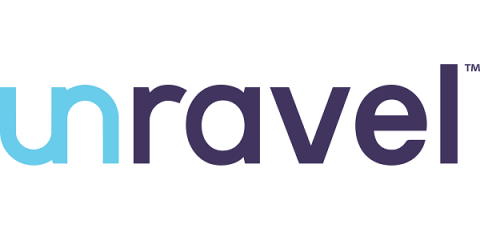Taming Cloud Costs for Data Analytics with FinOps
Uncontrolled cloud costs pose an enormous risk for any organization. The longer these costs go ungoverned, the greater your risk. Volatile, unforeseen expenses eat into profits. Budgets become unstable. Waste and inefficiency go unchecked. Making strategic decisions becomes difficult, if not impossible. Uncertainty reigns.






